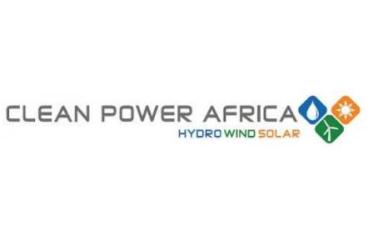Greentech Lead Africa: The wind energy market in South Africa has not yet developed to the point where it can be fully funded by the private sector, therefore development finance institutions remain major players, says Emelly Mutambatsere, principal regional economist, African Development Bank.
Mutambatsere is a speaker at the upcoming Clean Power Africa that is taking place in Cape Town from 14-15 May. She is also the co-author of a comprehensive study for the AdB on the Development of Wind Energy in Africa.
Mutambatsere says in the initial stages of the wind market development, donor financing is very visible and as the market matures, both sponsors and financiers enter the market, from public entities and grant financing, to public-private/private entities and non-concessional financing.
By the end of 2011 the developed potential on the continent saw a strong concentration of wind energy capacity in three North African countries, Egypt, Morocco and Tunisia. Says Mutambatsere, “Egypt held half of the continent’s total installed capacity, followed by Morocco with 40% and Tunisia with 5%. Outside of North Africa, there is commercial capacity in Cape Verde, and limited capacity in South Africa, Kenya, Mauritius, Eritrea and Mozambique.”
However the market outlook is noteworthy. There are about 60 ongoing and planned wind energy projects in South Africa. This places South and East African markets in the lead in terms of market growth.
South Africa alone is expected to contribute a third of the wind energy capacity currently under developed or planned in Africa; and Kenya is making significant strides toward developing what is poised to be the continent’s largest wind power project. This trend is attributed to increased strategic focus on wind in these regions, whilst in the North market development has been stalled by socio-economic instability.
The economist also says Africa’s wind energy market has developed at a pace similar to that observed in leading markets at the early stages of their industry development. She adds: “despite this progress and the presence of significant potential on the continent, we should not expect wind to take over conventional energy resources in terms of share in the electricity generation mix, as key structural characteristics of the market affect both efficacy in addressing the energy access challenge, and competitiveness of wind, relative to non-renewable energy resources.”
The report states that the business environment is important for the development of a wind energy market. “We observe that fast growing wind energy markets have benefited from strong political will, supported by strategic policy direction and an enabling business environment, including industry specific legislation,” Mutambatsere added.

